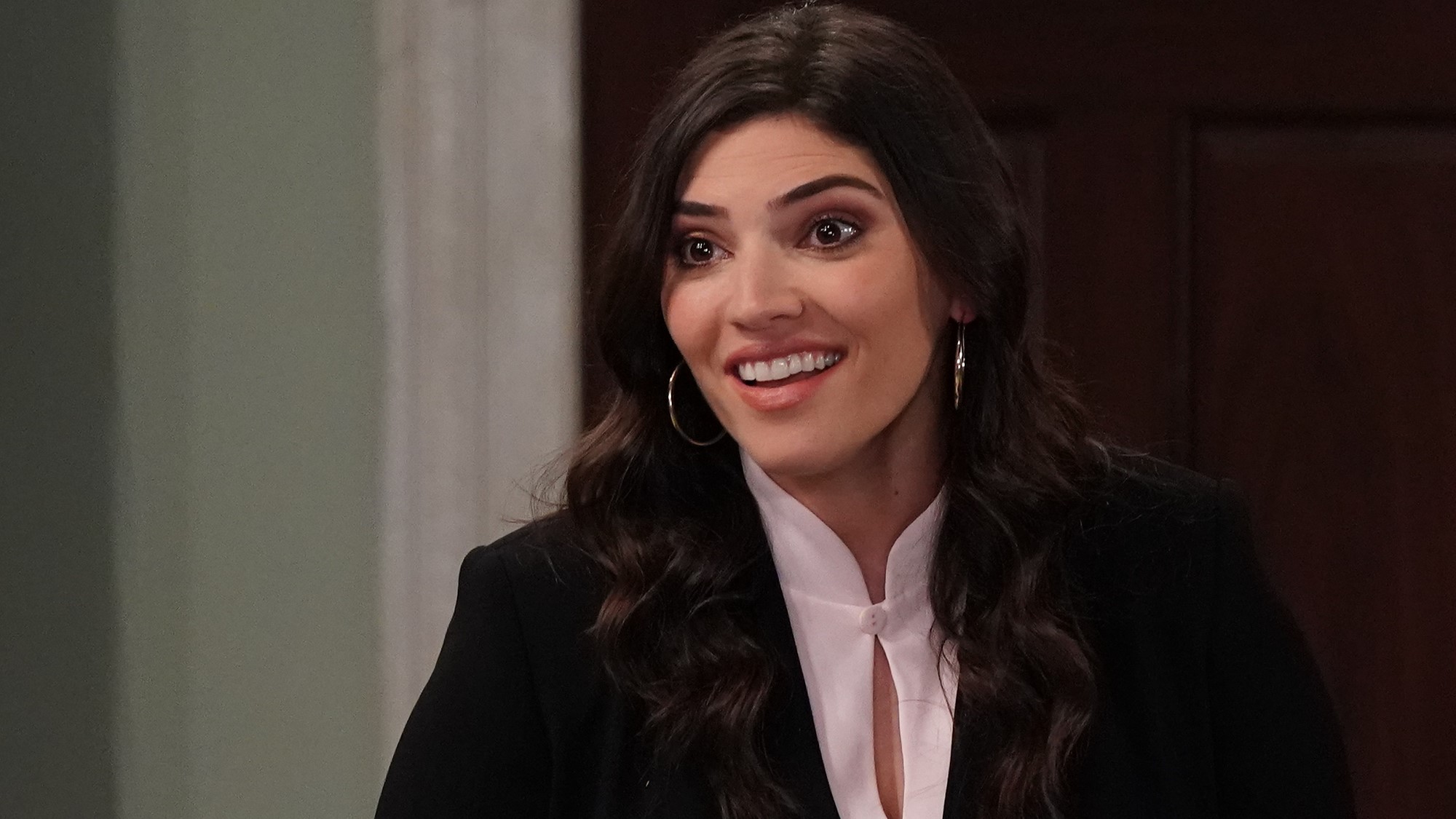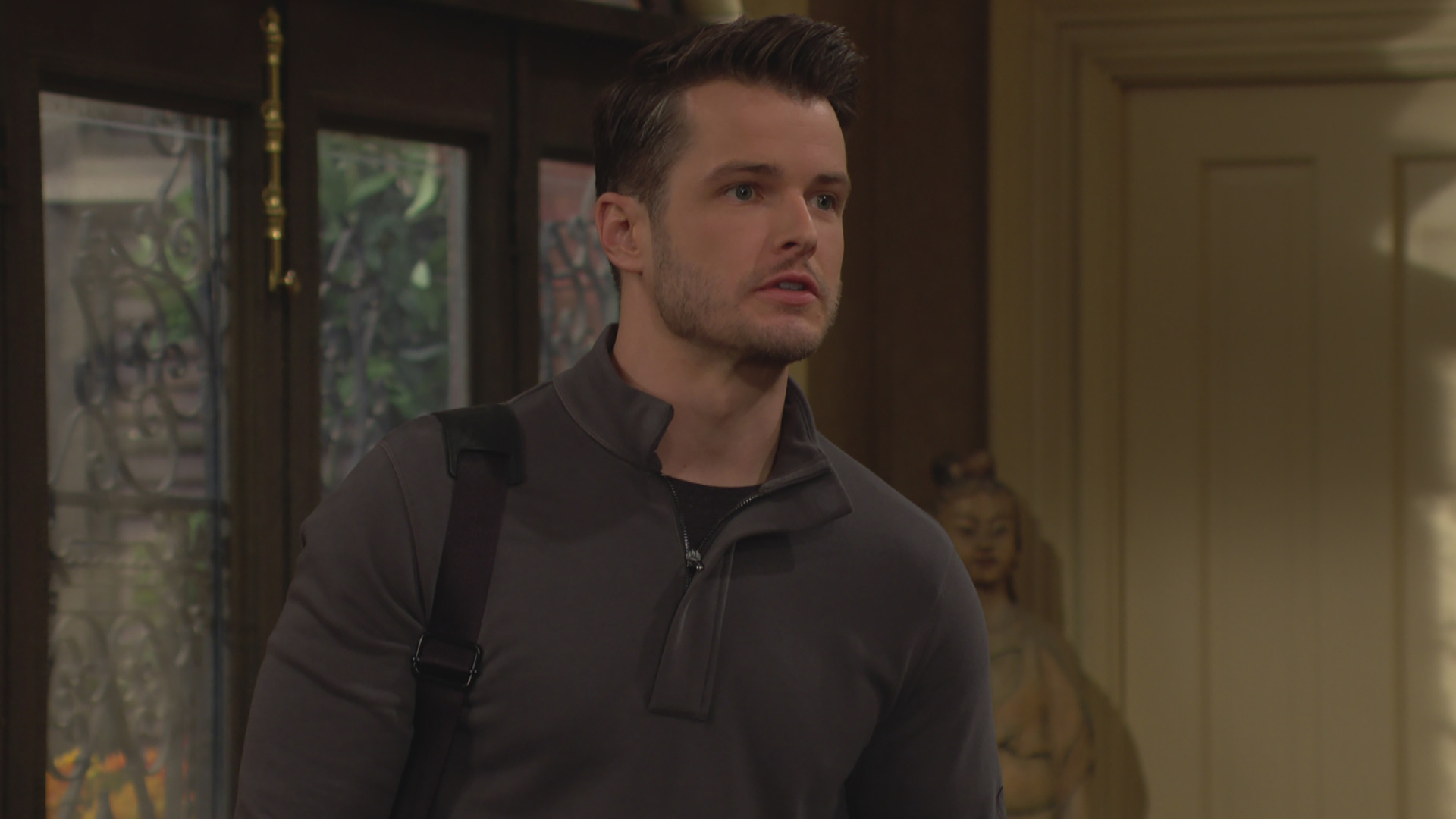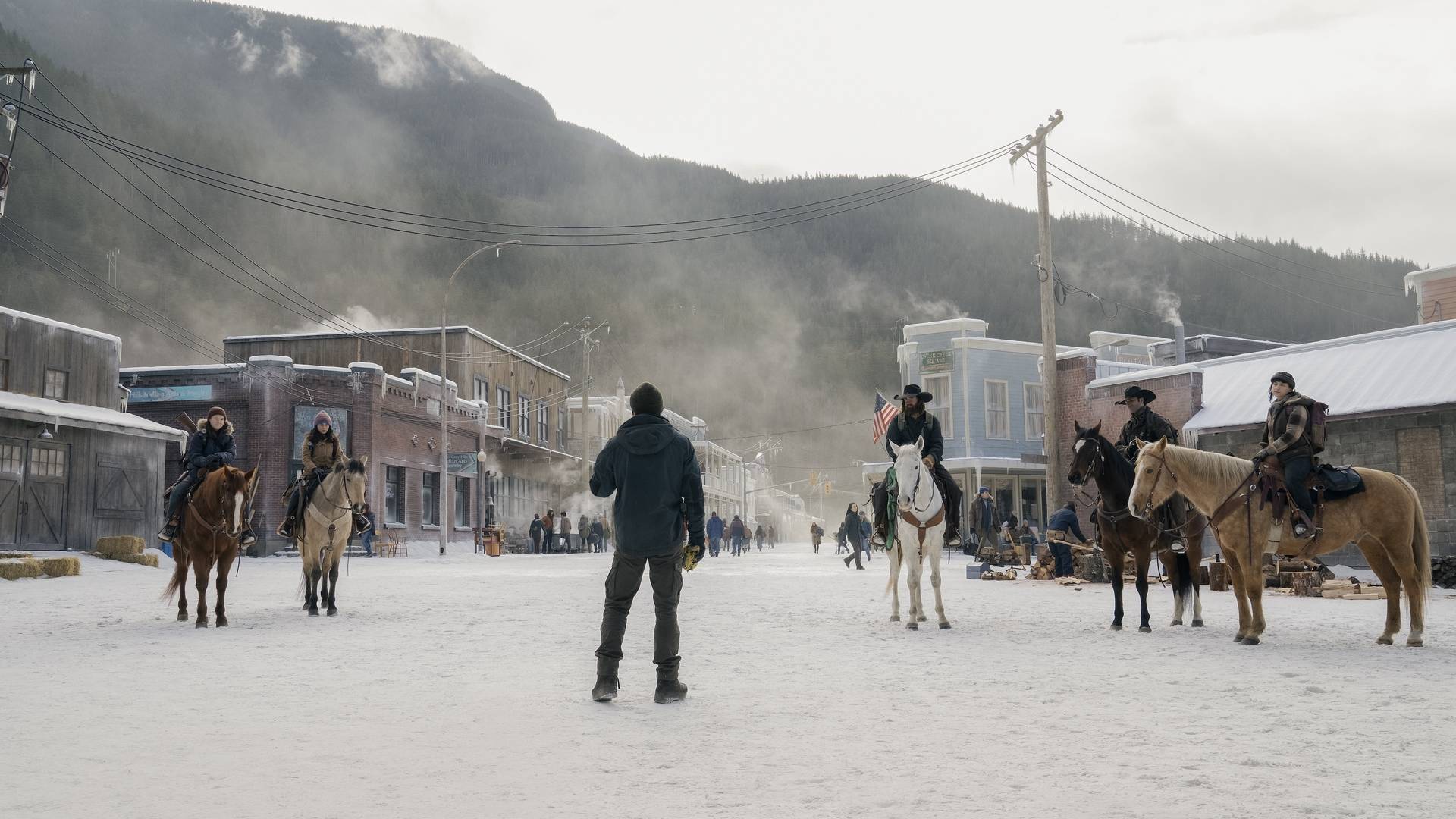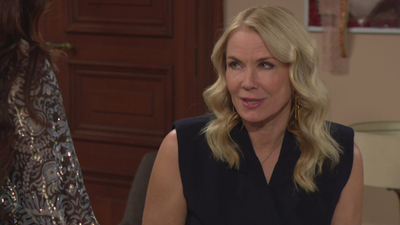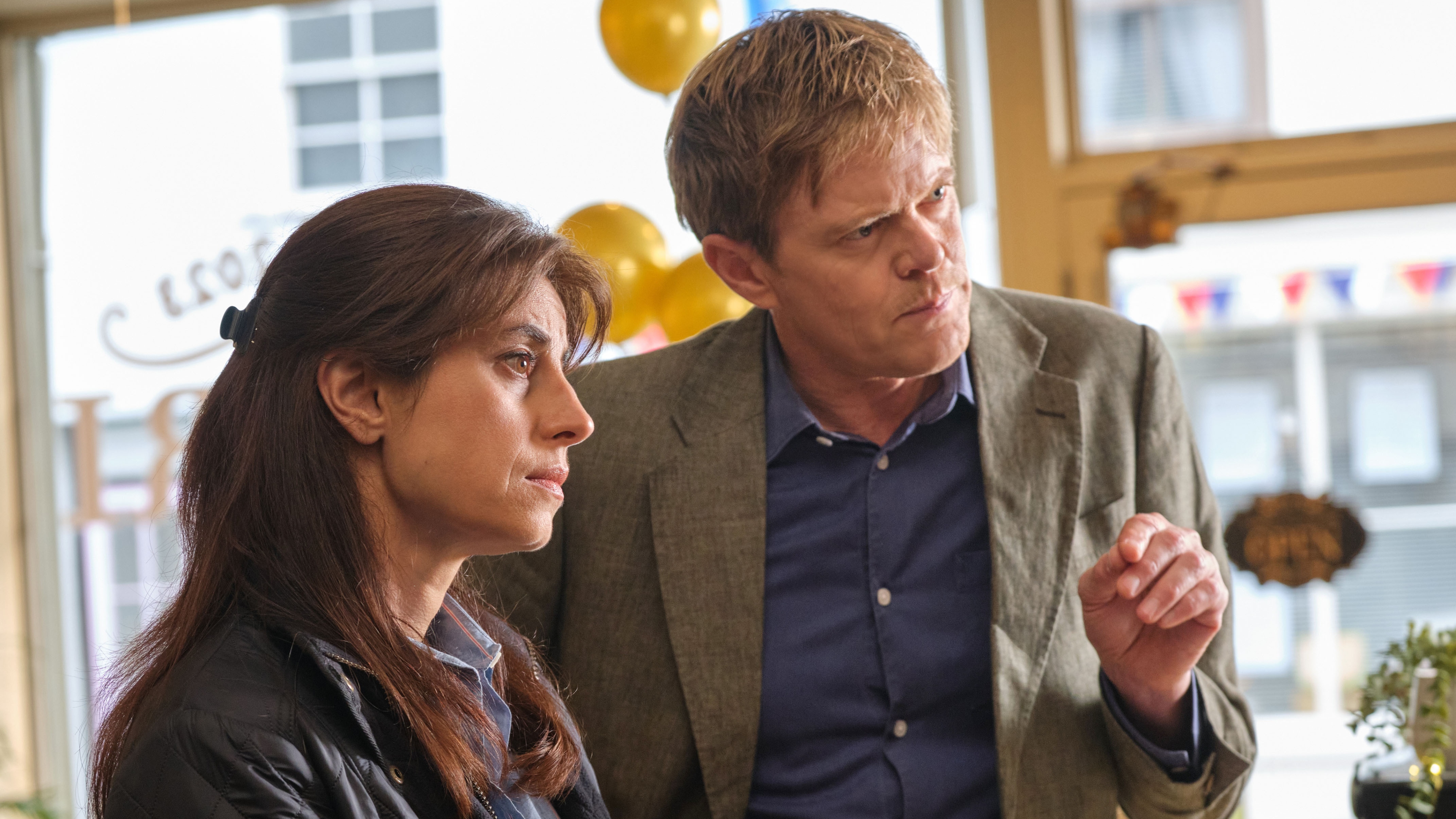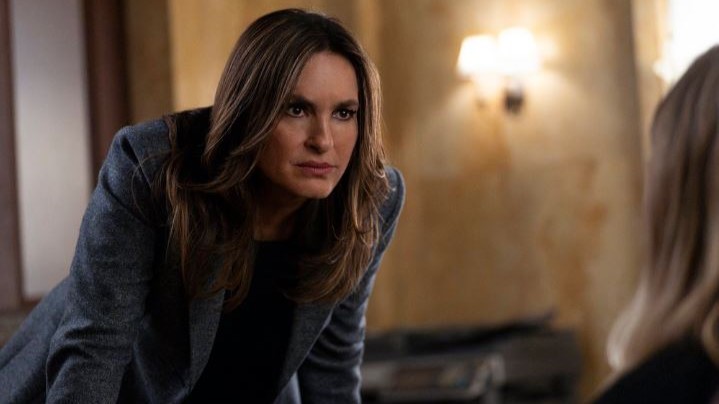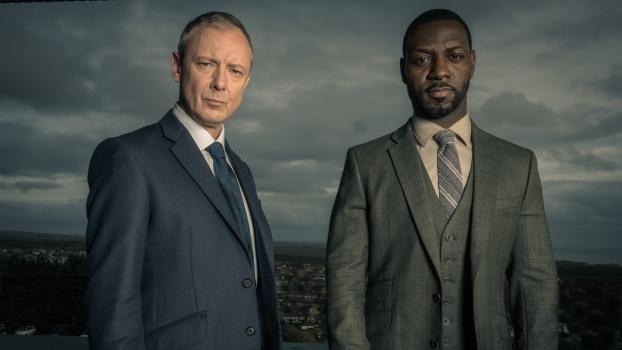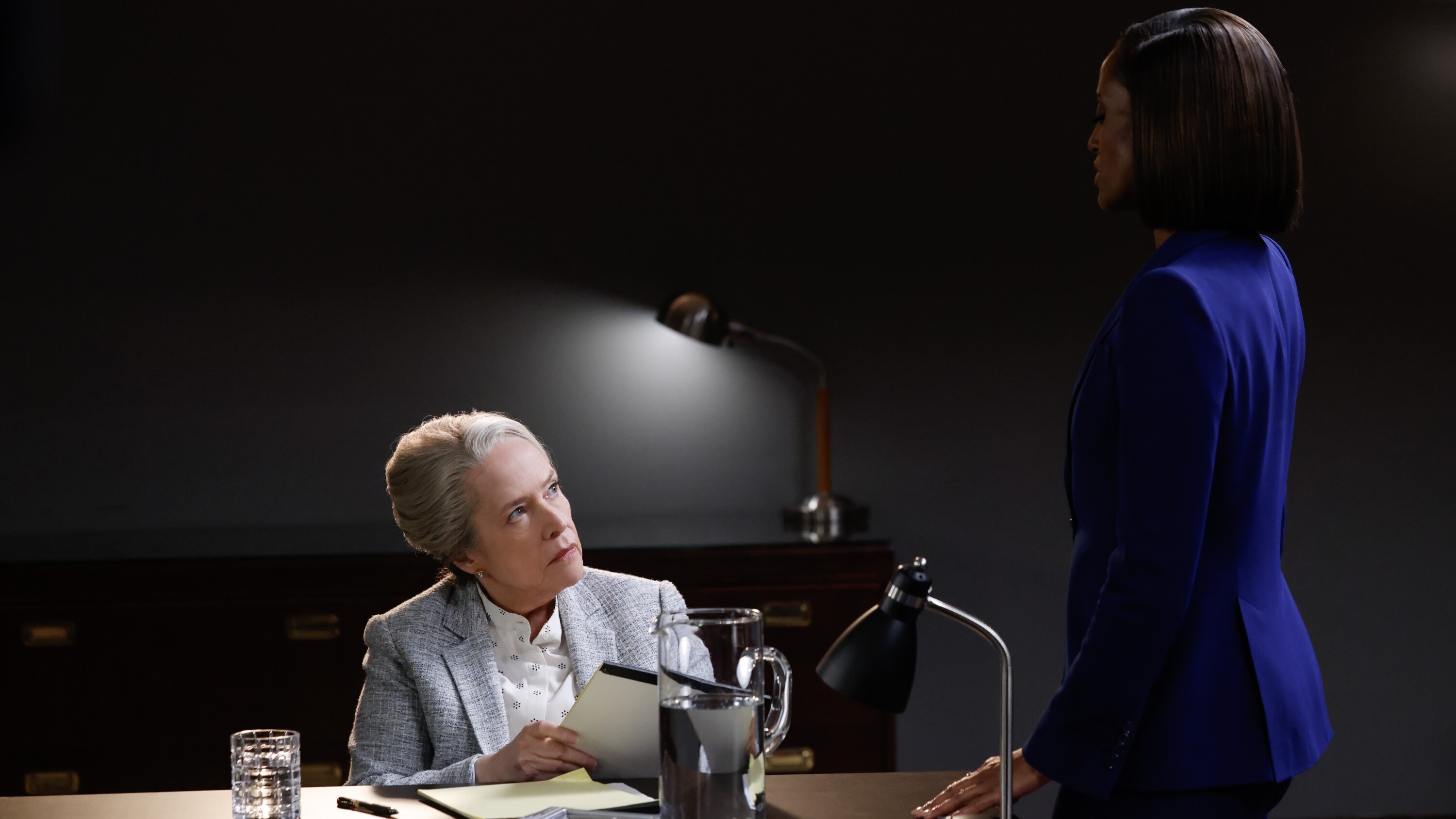How ‘WandaVision’ finally gave Wanda Maximoff's pain the story it deserved
Wanda's journey through grief is not about denial or acceptance but everything in between
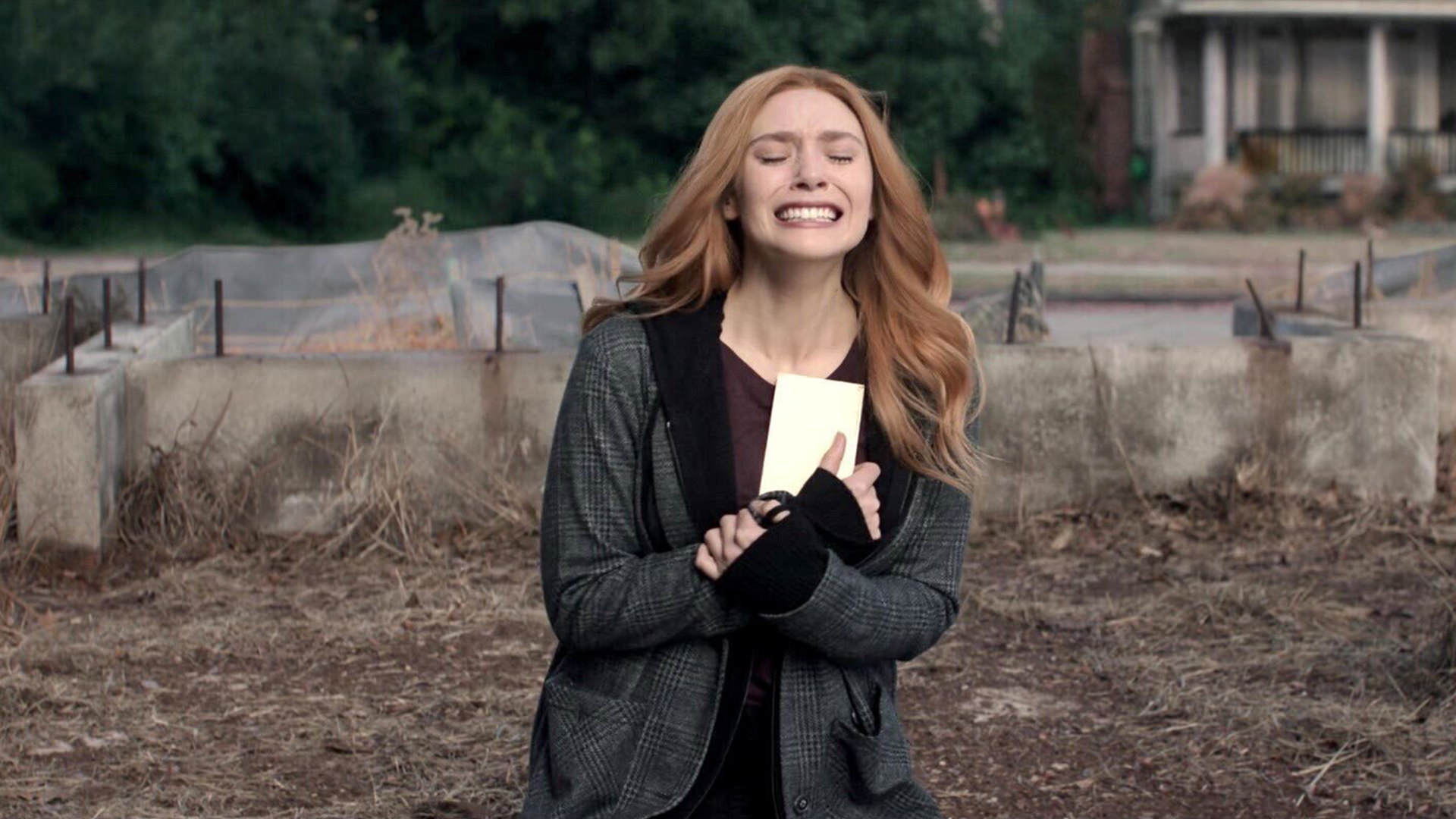
This post contains spoilers for WandaVision.
Check out our last review here.
You are never alone in a family sitcom. Of course, there are scenes depicting characters by themselves, but the very nature of the suburban location is there is always someone close by whether it is the nosy neighbor, overbearing mother-in-law, or the kids jostling for attention. As a viewer, these characters have kept us company throughout sickness, boredom, or on a regular weeknight — a respite from the humdrum. The penultimate episode of WandaVision peeled back the curtain to reveal Wanda Maximoff’s (Elizabeth Olsen) love of television comedy is rooted in childhood (very relatable). She has used this as a source of comfort to escape the many traumas she has experienced from war to the deaths of those closest to her. Using powers she doesn’t fully comprehend, Wanda’s grief turned a rundown New Jersey town into her personal sitcom playground and invented the life she dreamed of. Unaware that she had transferred her pain onto the unsuspecting residents, Wanda’s anguish controlled this illusion until the emotional walls are literally broken down.
Westview is Wanda’s denial manifested and while the five stages of grief suggest a linear journey toward acceptance, the reality is more nuanced than that. Wanda is not the first MCU character to be given space to grieve a loved one as Peggy Carter (Hayley Atwell) was afforded time to mourn Steve Rogers (Chris Evans) in the canceled-too-soon Agent Carter (available to watch on Disney+). Work was a distraction for the secret agent, but Peggy also doesn’t possess the same powers as Wanda to create the idyllic picket fence happily-ever-after. Furthermore, in a rare triumph over tragedy in the MCU, Peggy, and Steve do get to experience the dance that has been teased since the first Captain America movie thanks to some time travel shenanigans in Avengers: Endgame. This fantasy-come-true also ties back to Wanda because she used her powers in Age of Ultron to conjure a nightmare vision to weaken the Avengers, and Steve’s is rooted in the past that could have been. His one true love appears before him at a dancehall crowded with patrons celebrating the end of WWII. This is all he has ever wanted but he is a man stuck out of time and he knows this is nothing more than an illusion. Wanda’s grief-made-tangible follows a similar path but instead of standing alone on an empty dance floor, she fills her home with family.
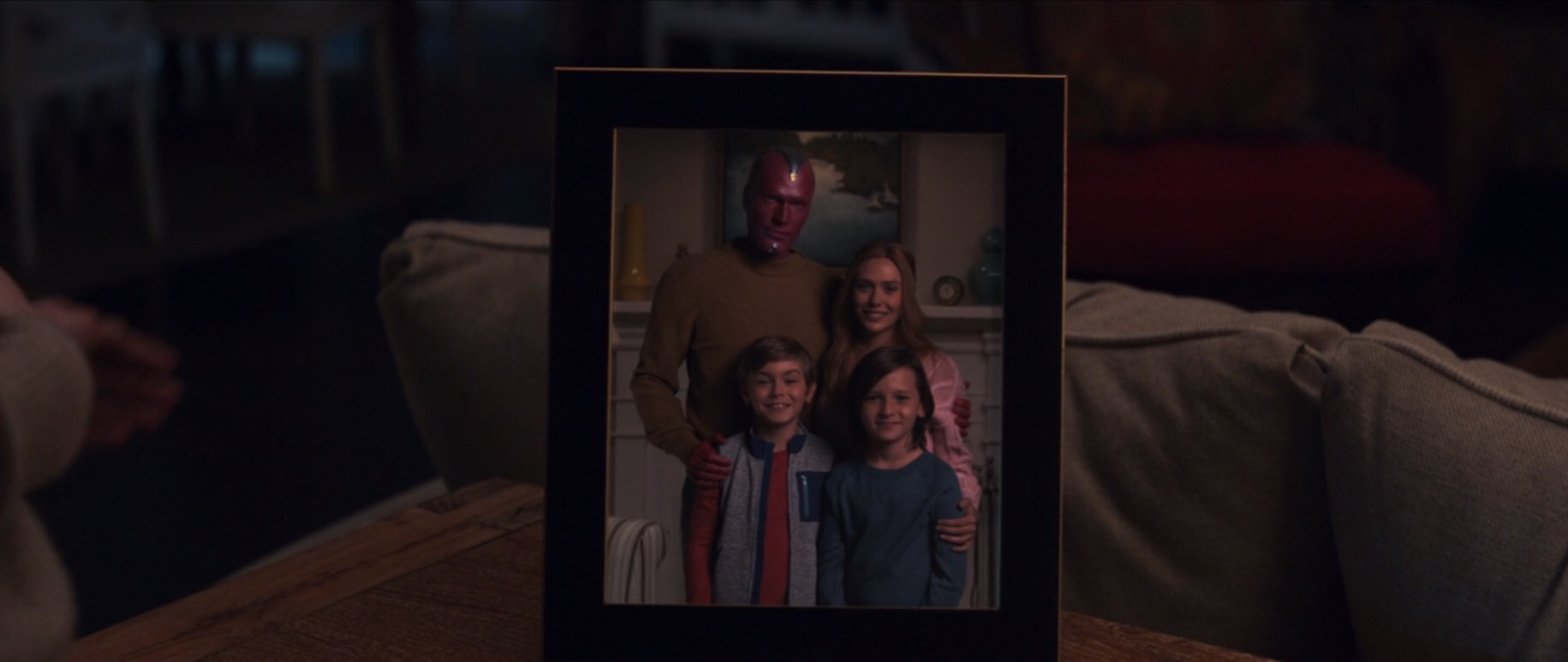
“What is grief but love persevering?” is a line from “Previously On” that got a lot of traction, before spiraling into meme territory. This sentiment resonates, in part, because loss is universal and currently there is collective grief caused by the global pandemic. When WandaVision was conceived and filmed, the creators had no idea how much the world would have shifted — so much so that zero Marvel projects were released in 2020 throwing the whole schedule off — and yet anguish is not relegated to this decade alone. Using Wanda’s pain as the catalyst to the sitcom land set-up is a bold and beautiful choice that combines comic book source material, the MCU, and TV history. It has been a while since there was an event series — the final Game of Thrones season is probably the most recent collective TV experience on this scale — and at a time when people are feeling isolated, the theorizing, and debates highlight the powerful pull of pop culture (even when we are arguing about it).
No doubt, the finale will also lead to an impassioned conversation (my Twitter feed is already full of reactions both positive and negative), and for all the somewhat tired CGI-fueled battle moments, the biggest takeaway comes from another gut-punch line. “You are my sadness and my hope. But mostly, you’re my love,” Wanda says to Vision (Paul Bettany) when they say goodbye. It doesn’t get easier the more times you bid farewell, but Wanda’s heart and mind are not controlled by melancholy. Instead, it becomes a driving force that allows her to ditch the Westview illusion. She is no longer channeling her favorite sitcom The Dick Van Dyke Show but rather there are riffs on a tragi-comedy like Fleabag — another show that ends with heartbreak, which breaks the fourth wall to tell the viewer to stay rather than follow.
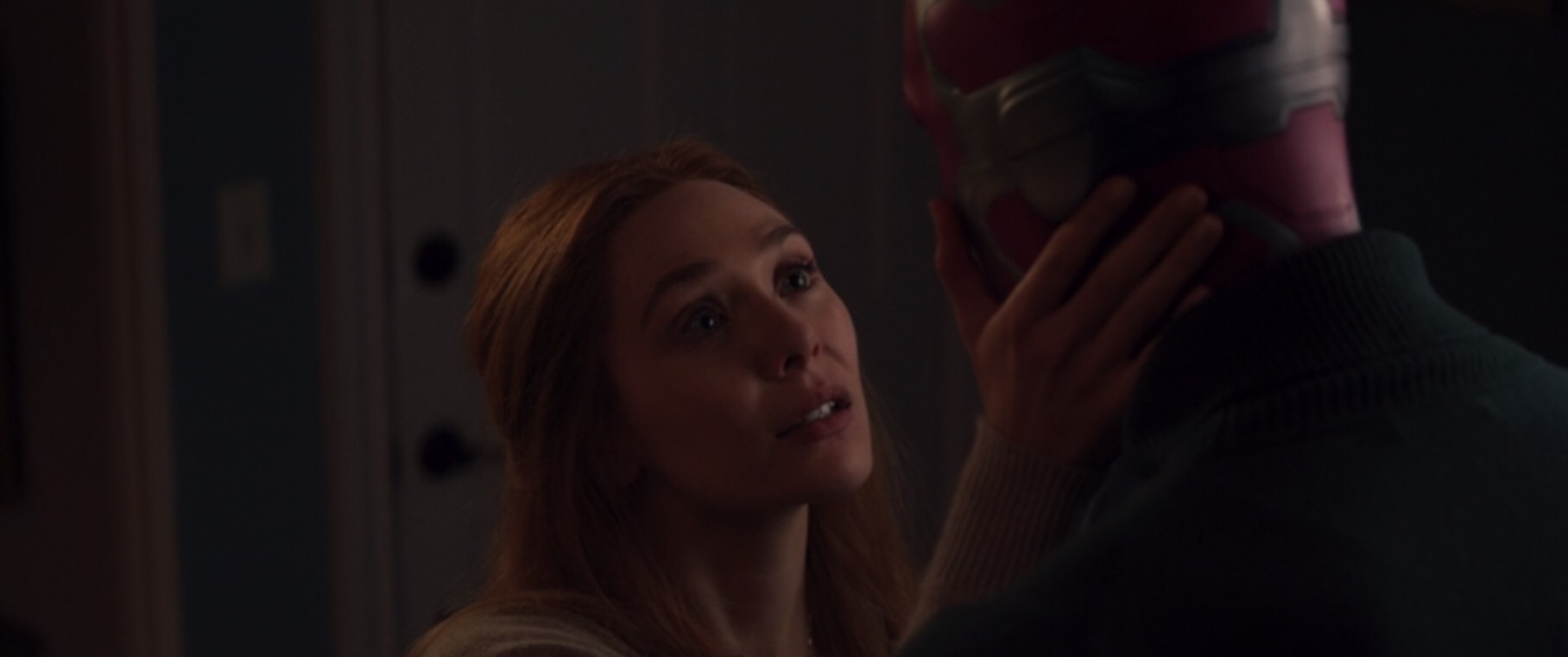
This episode also calls into mind The Good Place and instead of an ethics debate centering on the trolley problem, the ‘Ship of Theseus’ is a metaphysics of identity conundrum discussed mid-battle between the two Visions. During their big goodbye, Vision revisits this line of thought with a more direct question. “What am I?” is as broad as it is long and this query is one that philosophers have posed since Ancient Greece. Wanda’s sadness, hope, and love are somewhat abstract concepts that she mentions but there are some more tangible components: “You, Vision… are the piece of the Mind Stone that lives in me. You are the body of wires and blood and bone that I created.” Earlier she repeats the “family is forever” mantra from Episode 5 and their bond cannot be broken — in comic books, no one ever really dies. Nevertheless, this nuclear family cannot physically exist after Wanda comes to terms with how poisonous this world is to every other Westview resident. Even though Wanda’s grief is no longer in control it hasn’t dissipated, rather, she is using this drive to learn how to use her powers.
Agatha Harkness (Kathryn Hahn) didn’t create Westview, but she offers Wanda the chance to live in this space. The payment? All of her powers. If Agatha hadn’t revealed that every other person in this town was in their own personal hell then maybe Wanda would’ve taken this enticing deal but she played that particular hand too early. A quick trip back to Salem using Wanda’s nightmare-inducing magic — she’s not had Agatha’s training but knows how to wield this potent spell — is an eye-opening experience that emphasizes how powerful Wanda is. This alone proves how important it is to keep Agatha at bay and the offer to keep her sitcom running comes at a cost. As with plenty of beloved comedies (see Fleabag), Wanda pulls the plug and the chance of a reboot is low. Instead, like any showrunner mired in controversy, she apologizes to those impacted and heads into the wilderness to learn her craft — the end credits scene shows she isn’t quite as alone as she first appears to be.
Get the What to Watch Newsletter
The latest updates, reviews and unmissable series to watch and more!
The MCU is very good at leaving threads dangling and WandaVision is no different. Agatha is trapped in the nosy neighbor persona, Monica (Teyonah Parris) is visited by a blast from her mother’s past, and White Vision is flying around probably philosophizing about his state of being. Monica’s trauma is touched upon and her empathy toward Wanda is partly informed by her own recent loss. Her mother died three years before but thanks to the snap, it has only been three weeks in Monica’s world — the same length of time since Wanda lost Vision. One of the missteps made by this mini-series is the limited scope of Monica’s storyline, but Monica’s drive to save Wanda led to newfound powers and her despair was a help rather than a hindrance throughout this series. Freeing everyone from this spell doesn't reduce the gaping hole in Wanda's heart, rather, this experience has pushed her forward. Out of all the battles fought in "The Series Finale" beating back grief's control is a defining moment in her journey to becoming the Scarlet Witch.
Emma Fraser spends most of her time writing about TV, fashion, and costume design; Dana Scully is the reason she loves a pantsuit. Words can also be found at Vulture, Elle, Primetimer, Collider, Little White Lies, Observer, and Girls on Tops. Emma has a Master’s in Film and Television, started a (defunct) blog that mainly focused on Mad Men in 2010, and has been getting paid to write about TV since 2015. It goes back way further as she got her big start making observations in her diary about My So-Called Life’s Angela Chase (and her style) at 14.

